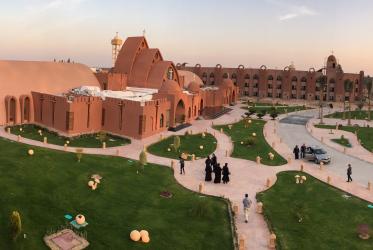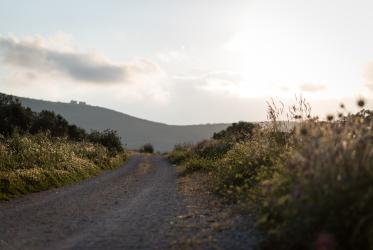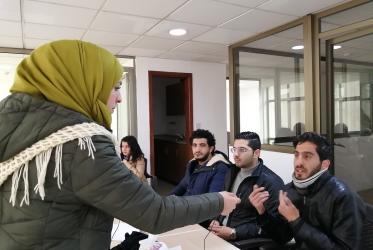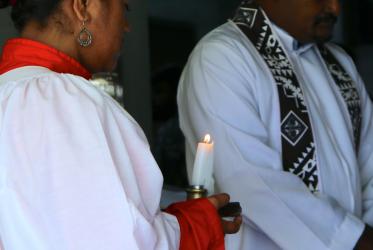Displaying 1 - 20 of 151
Förderung der Menschenwürde durch Kunst
07 September 2022
Promoting human dignity through art
06 September 2022
“My hope is in you”—youth in the Holy Land carry the future
17 August 2022
Are migrants seen and heard? Conference presses the question
19 October 2020
New student body at Bossey Ecumenical Institute “a source of joy”
14 September 2020
The cry of the Papuans in Indonesia
14 November 2019













